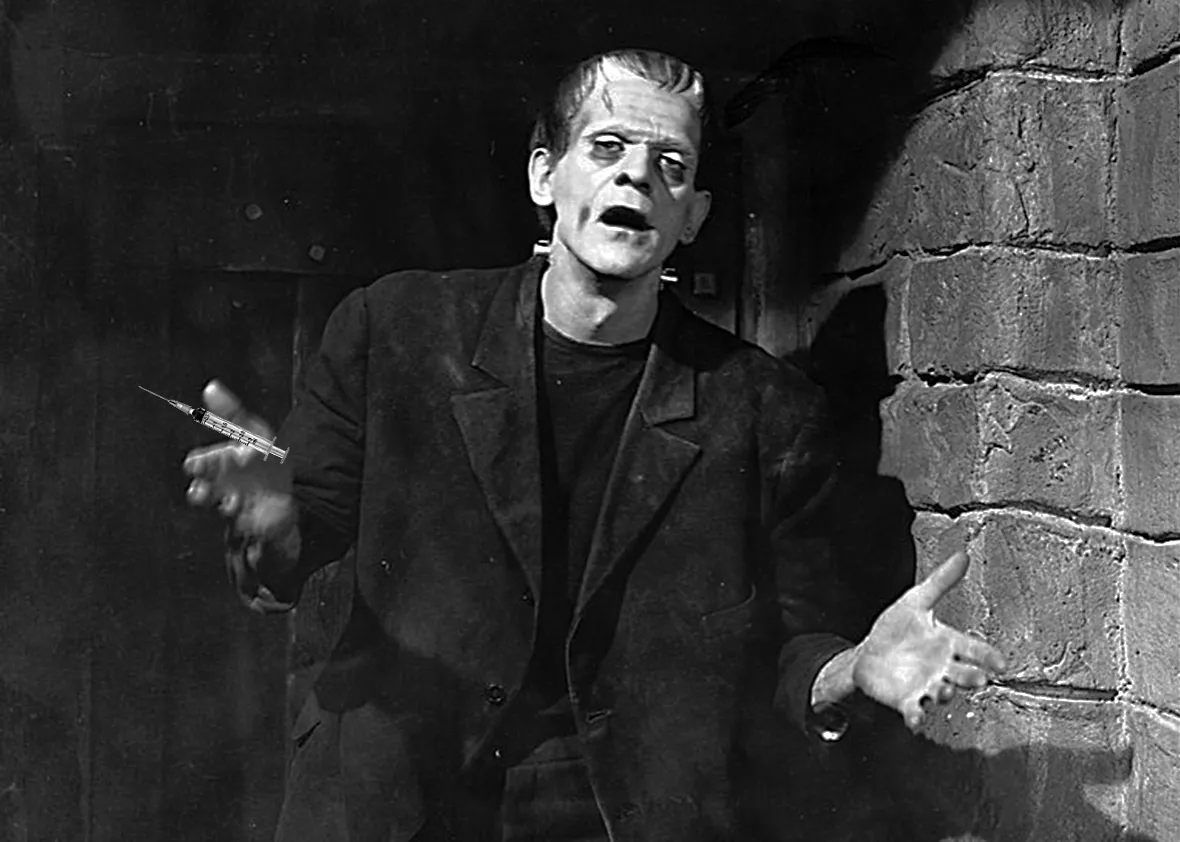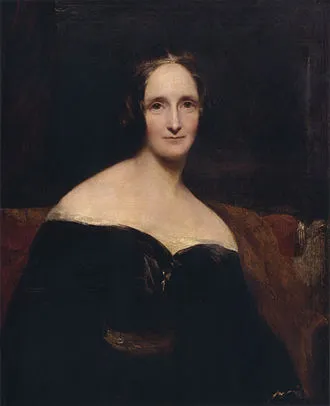Frankenstein is a Tale of Unintended Consequences & Not Accepting Responsibility for Them
Sympathy for the devil:

Source: Universal Studios
In case you haven't read Frankenstein since school or only know the reference because of popular culture, here's a very quick summary of this classic tale:
A Quick Summary of Frankenstein
After his mother's death, Victor Frankenstein makes plans to reanimate the dead using a combination of chemistry, electricity, and some creative license. Once Dr. Frankenstein succeeds, the creature repulses him, so he abandons it.
Indeed, the creature is grotesque, but it's also smart. Somehow, left to its own devices, the creature teaches itself to understand speech and even to read. Sadly, the creature is also miserable and lonely because people aren't nice to it. It uses it's powers to track down and exact revenge for its existence and abandonment.
It actually makes Victor a fairly reasonable deal. The creature will quit picking on him if he will make him another creature as a companion and bride. It just wants a friend. Victor starts to comply but then his fear or conscious get the better of him, so he destroys what he started. It all goes downhill from there with lots of injuries, death, burning, and other bad stuff.
If you've never read the classic, you might be surprised how much you get out of it. Read Frankenstein for free online right now if you want to.
How Relevant is Frankenstein Today?
The Girl That Created the Monster:

Source: Wikipedia
You know, we've got frankenfood, frankenstorms, and even frankenswine today. Basically, the prefix of "franken" tends to get added to describe something monstrous or created by scientists with questionable ethics. Whatever the context, nobody has to explain what it means. Even folks who have never read the book or seen one of the many movies understand that the prefix of fraken on a word means that it's ultra-bad, irresponsible, or in some cases, unnatural.
Still, it's a shallow interpretation of this classic to assume that it's an anti-science tome. It's not. In my opinion, it's about acting without considering the consequences and being prepared to accept them in a responsible way. This isn't just about science but about everything.
If Frankenstein seems like a dusty old classic, remember that Mary Shelley was only 20 years old when she wrote it. Barely past her teens, she also grew up in an age of great changes. Science was just becoming a "thing." The industrial Revolution changed society the way that the Information Age is evolving culture today. Mary Shelley said she got the idea from a dream.
What Do You Take Away From Frankenstein?
What are the ideas you can gain from a book that has maintained its stance as a classic just because it's so open to interpretation?
If you are interested in this story as much as I am, I'd love your feedback. I have some questions I'd love to discuss in the comments if you're interested too.
Was it wrong to create the monster? If it was worth it to advance science, wasn't it wrong to abandon it?
Do you feel sympathy for the monster? The creature was vile and murderous, but maybe it wouldn't have been if it's own creator would have taken responsibility for it or somebody would have given it a chance.
Are we acting like Dr. Frankenstein but dismissing unintended consequences or simply not taking responsibility for them? What about AI, genetic engineering, and the impact of man-made activities upon climate change? Was Mary Shelley a freaking psychic?
If you like this sort of thing, I also added an article about Dracula's Popularity.